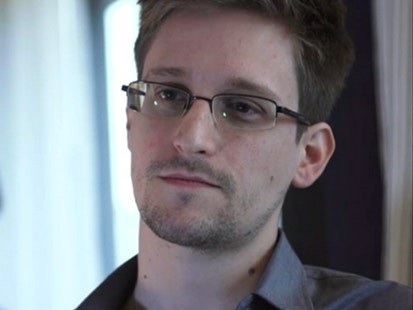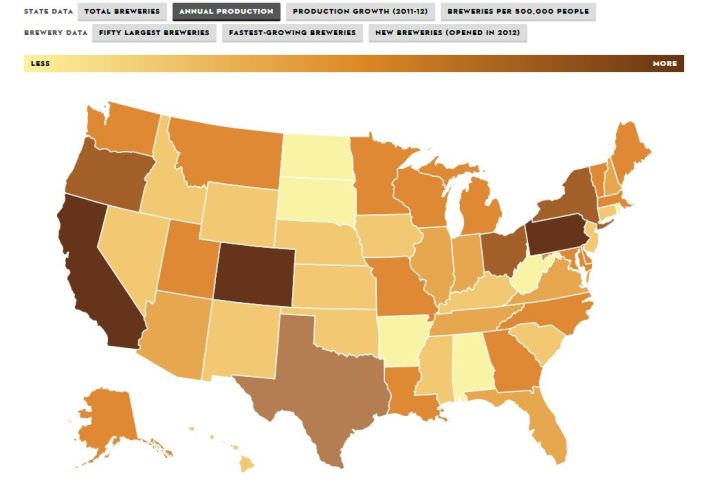We don’t want privacy – we want a good story.
 I’m not sure what to make of the revelation that the National Security Agency has been spying on Americans for years, secretly monitoring our phone calls and internet activity in ways that certainly push the boundaries of what is legal and just.
I’m not sure what to make of the revelation that the National Security Agency has been spying on Americans for years, secretly monitoring our phone calls and internet activity in ways that certainly push the boundaries of what is legal and just.
I had already assumed that the NSA (and who knows what other agency) was violating our privacy. So the leak provided by Edward Snowden merely confirmed reasonable suspicions that I and many Americans have held since…well always, but certainly since September 11, 2001.
The public tumult following the NSA leaks is different than the controversies surrounding Obama’s other scandals. Ben Gazi seems like a case of incompetence being stretched to one of treachery. The IRS targeting conservative organizations was inappropriate but a drop in the bucket compared to the number of right-leaning organizations that received little scrutiny. The Justice Department seizing phone records of the Associated Press is a dispute in policy rather than a scandal – if the actions seem despicable, blame the law that allows the Government to take such actions.
Although none of the three scandals mentioned above should be excused, upon closer inspection, they fail to get my blood boiling. It feels like the Government acting dumb – just as it always has. This week could have featured another tired news cycle of a Government agency overstepping its boundaries in a flood of partisan talking points had it not been for one key element that changed everything – Edward Snowden.
One man. A face. That’s all it takes to turn this whole mess into a story of good versus evil. We knew all along that the Government was the bad guy, but what we were missing until now, was a hero, and we have found him. Is he a hero? I have no clue, and most folks won’t care because we want the narrative more than the substance of character or policy. For goodness sake, his name sounds like that of a character from Game of Thrones – the next Lord of Winterfell, Ed(w)ard Snowden!
We don’t want our privacy – we want an individual (preferably a white male so as to fit the Hollywood narrative) to stand up to the system and fight. If we really wanted our privacy, we wouldn’t be signing it away every single day to Facebook, Google and all types of companies collecting our personal data. Edward Snowden represents the answer to all our collective longings. He’s a nerd who took a stand. He has libertarian tendencies (donated to Ron Paul’s presidential campaign) which gives him automatic anti-establishment cred. He’s tough (enlisted in the Army in 2003 to join the Special Forces) and not ugly, which is not insignificant. And of course, his main concern now is the pain he may be causing for his family, many of whom work for the US Government. I expect that the screenplays are already being written.
The place he chose to go makes the story only more interesting. Hong Kong is, for all intents and purposes, a democratic system within a larger authoritarian one. The semi-state already has an extradition treaty with the US, but none of that matters if China, which has the final say on all foreign relations with Hong Kong, decides to step in. Snowden’s decision to flee east sets up a potential clash of superpowers that would never have been possible had he fled to anywhere else in the world.
Had the same news about the NSA’s PRISM project came from a boring committee of journalists at a big newspaper, I guarantee that the story would not have made as big a splash as it did. We are much more concerned with the fate of this troublemaker than the laws and policies he hopes to change.
 Step 1: Read New Yorker article about Canabalt and the long-lost “endless runner” genre of video games and think for a moment that since they don’t require headsets and 10-button control pads, you might actually be able to play and enjoy a smart phone game.
Step 1: Read New Yorker article about Canabalt and the long-lost “endless runner” genre of video games and think for a moment that since they don’t require headsets and 10-button control pads, you might actually be able to play and enjoy a smart phone game.
 I’m not sure what to make of the revelation that the National Security Agency has been spying on Americans for years, secretly monitoring our phone calls and internet activity in ways that certainly push the boundaries of what is legal and just.
I’m not sure what to make of the revelation that the National Security Agency has been spying on Americans for years, secretly monitoring our phone calls and internet activity in ways that certainly push the boundaries of what is legal and just.